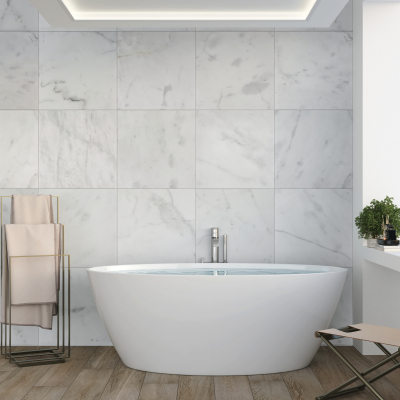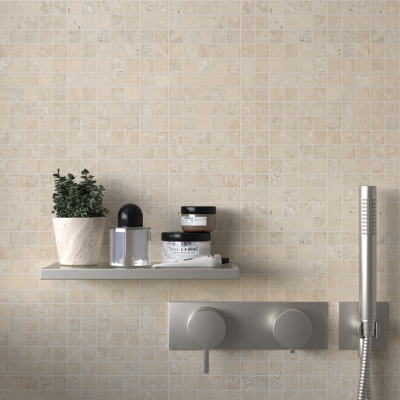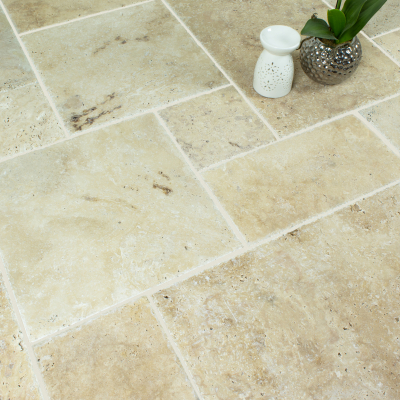Why do we need to seal natural stone tiles?
One thing is for certain when purchasing natural stone tiles, if you have set your heart on natural stone tiles, then you need to accept that they will need to be cared for throughout their lifetime. But this is why we love natural stones, they all have an amazing unique character and appearance therefore, all that opt to use natural stones within their home environment are perfectly happy to take care of them as needed.
We all love the look and feel of natural stone tiles, there are many reasons for this. The feeling of being closer to nature however is at the top of the list for many of us.

But, how do natural stone tiles stand the test of time?
Well, let’s be quite open and bold with this key point, unlike man-made porcelain tiles, natural stone tiles react to their environment. They need tender loving and care, and the level of these is also even highly dependent on the type of natural stones you have set your heart on, whether for indoor use or external applications, natural stones do need additional protection after installation, and in some cases even before a single tile is laid for your installation. The reason is simple, all-natural stones have a porous composition. Nature takes care of producing these wonderful stones for us to pick out, manufacture and install in our homes, we then have to take care of them for the rest of their long lives through proper sealing and careful maintenance.
Why do I need to seal natural stones?
As we’ve already mentioned, natural stones are porous by nature. So, over many decades natural stones have been manufactured and are available as home tiles, different solutions have been scientifically developed to ensure their porous nature does not mean that we cannot protect the original look we fell in love with, for a very long time, avoiding staining and possible marks.
A natural stone sealer forms a barrier, effectively blocking pores from staining and mould breeding. Unlike unsealed tiles that tend to soak up the stains almost immediately, sealed tiles will give you that little bit of time to clean your tiles to help avoid staining.
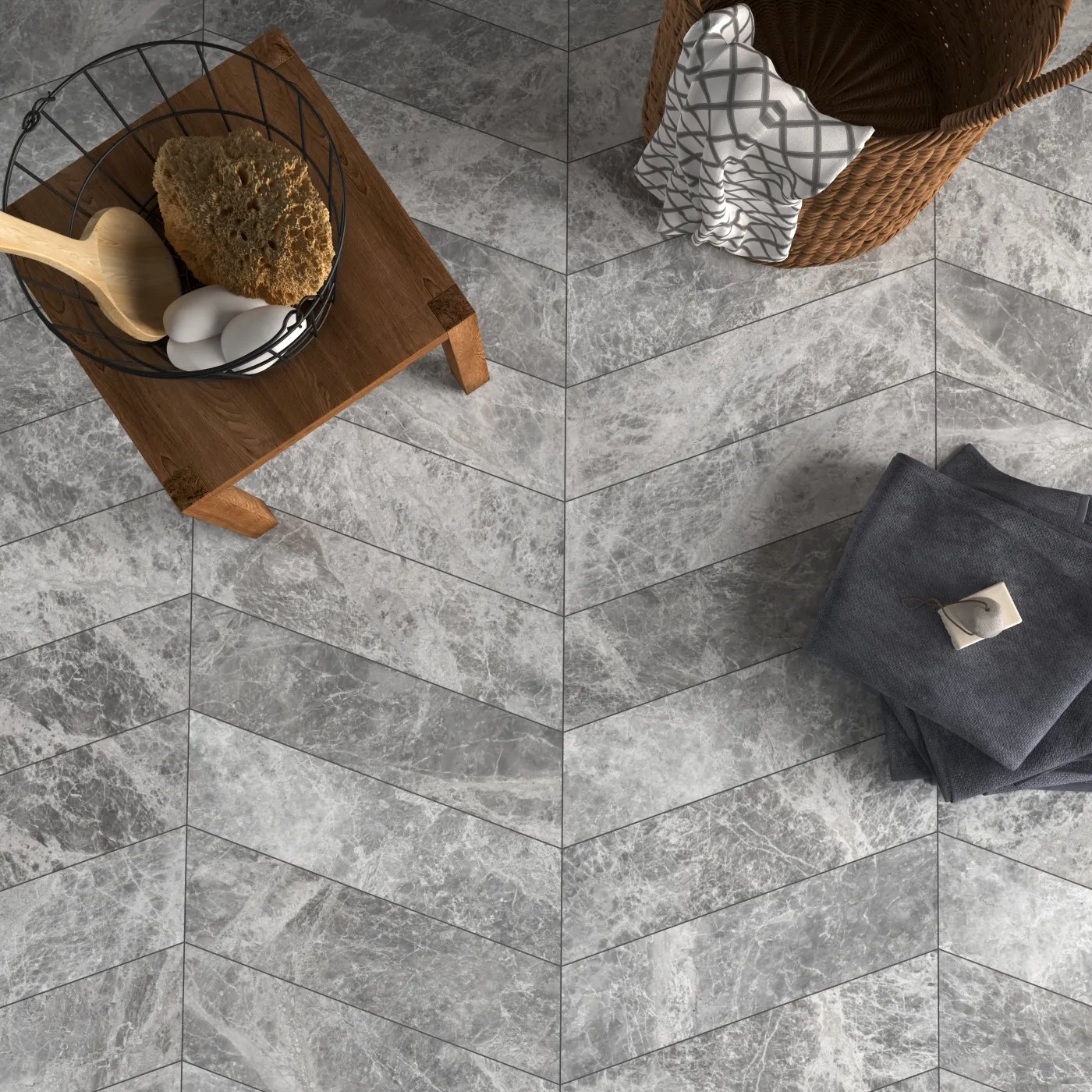
When to, how to seal natural stones?
This is a bit of an option that tilers decide on, some tilers like to seal natural tiles at least 3 times before use, once before handling them, once after laying them and once after grouting them, here at Travertine store, we strongly recommend that natural tiles are sealed at least twice before use, once before and once after the grouting process and these sealing steps should not be skipped in our opinion.
How to apply a sealer to your natural stone?
• First, ensure the area is well-ventilated.
• Then ensure your tile is clean and free from dust.
• Apply sealer either with a sponge roller or a soft clean cloth.
• Remove excess sealer
• Apply additional coats if needed, following bottle instructions.
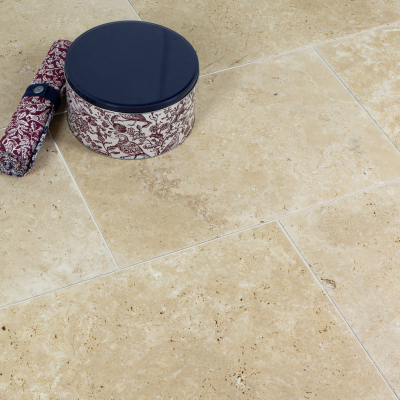
Does sealing tiles change their colour?
Matt stone tile sealers do not alter the colour of a natural stone although, initially it may seem like they do when being applied, the sealer quickly embeds into or disperse quite quickly, reverting the tone of your natural stone back to its original colour. Polished tile sealers, however, do add a little sheen to the finish of natural stones.
Are initial 2 coats of sealing enough to protect my tiles for good?
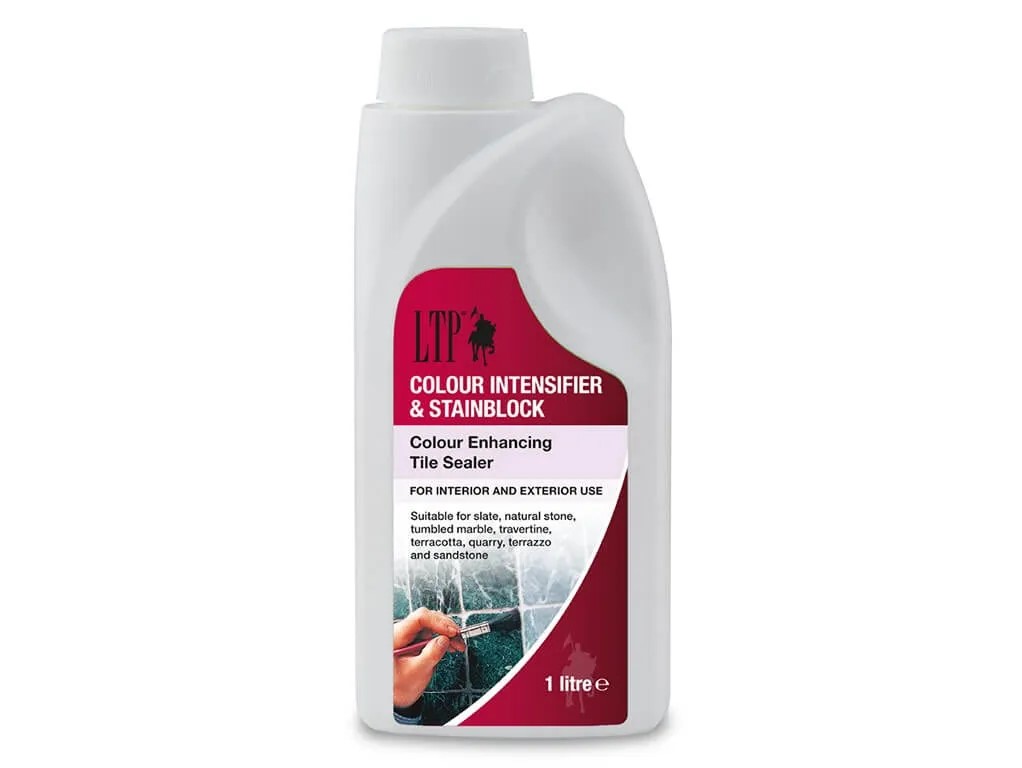
No, sealing natural stone tiles is an ongoing maintenance procedure, what this means is, periodically, your tiles do need to be resealed at least once a year depending on the traffic your tiles are exposed to, high-traffic areas like hallways, kitchens and bathrooms etc. may require more frequent sealing, maybe every 8-10 months, whereas low traffic areas such as bedrooms may require less frequent sealing, maybe once every 14-16 months. This however is also dependent on the type of natural stone tiles you have laid. Harder less porous stones such as granite and dolomite require much less frequency and a longer time between seals, softer more porous natural stone types, like limestone and travertine will require more frequent sealing, to ensure their natural beauty is preserved for longer.
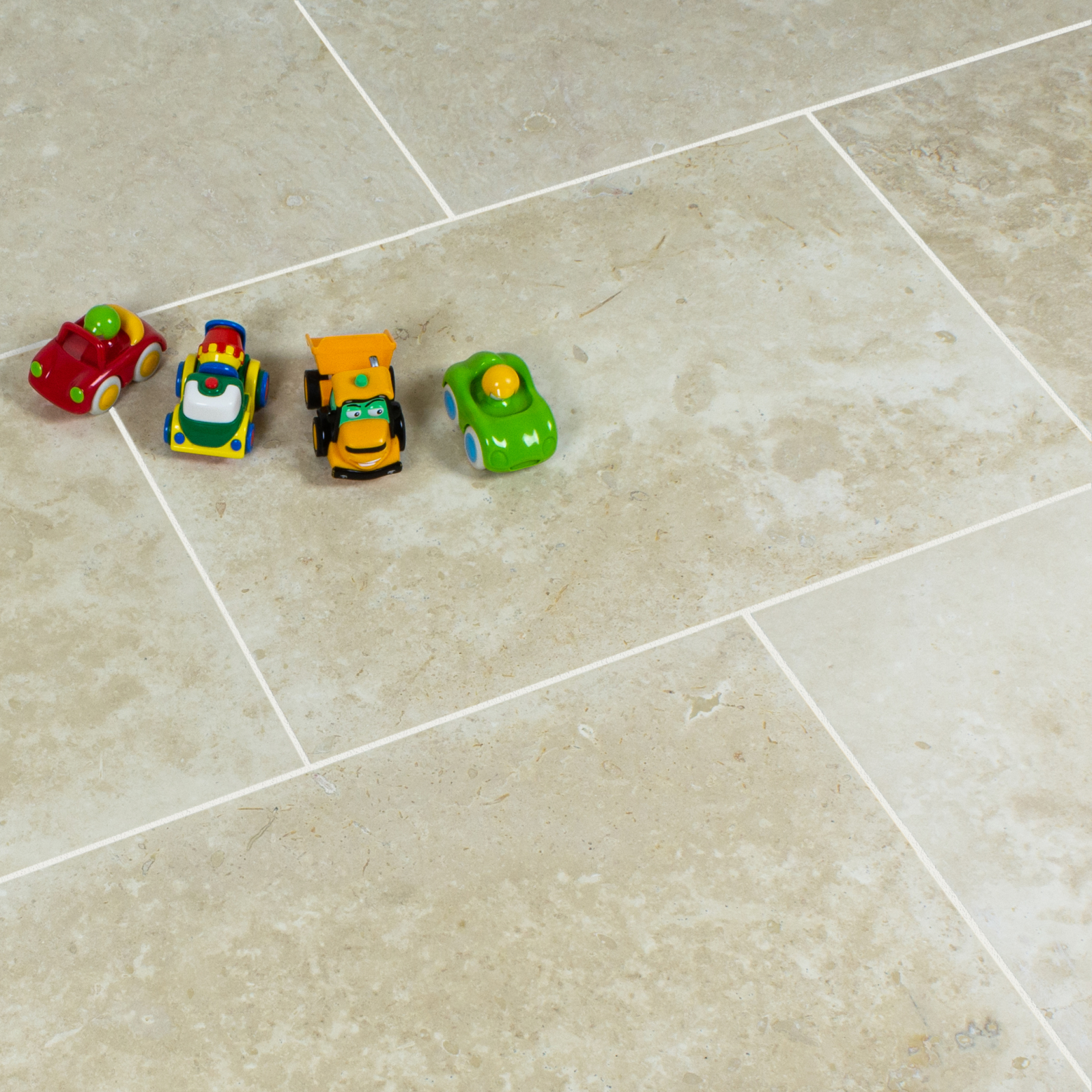
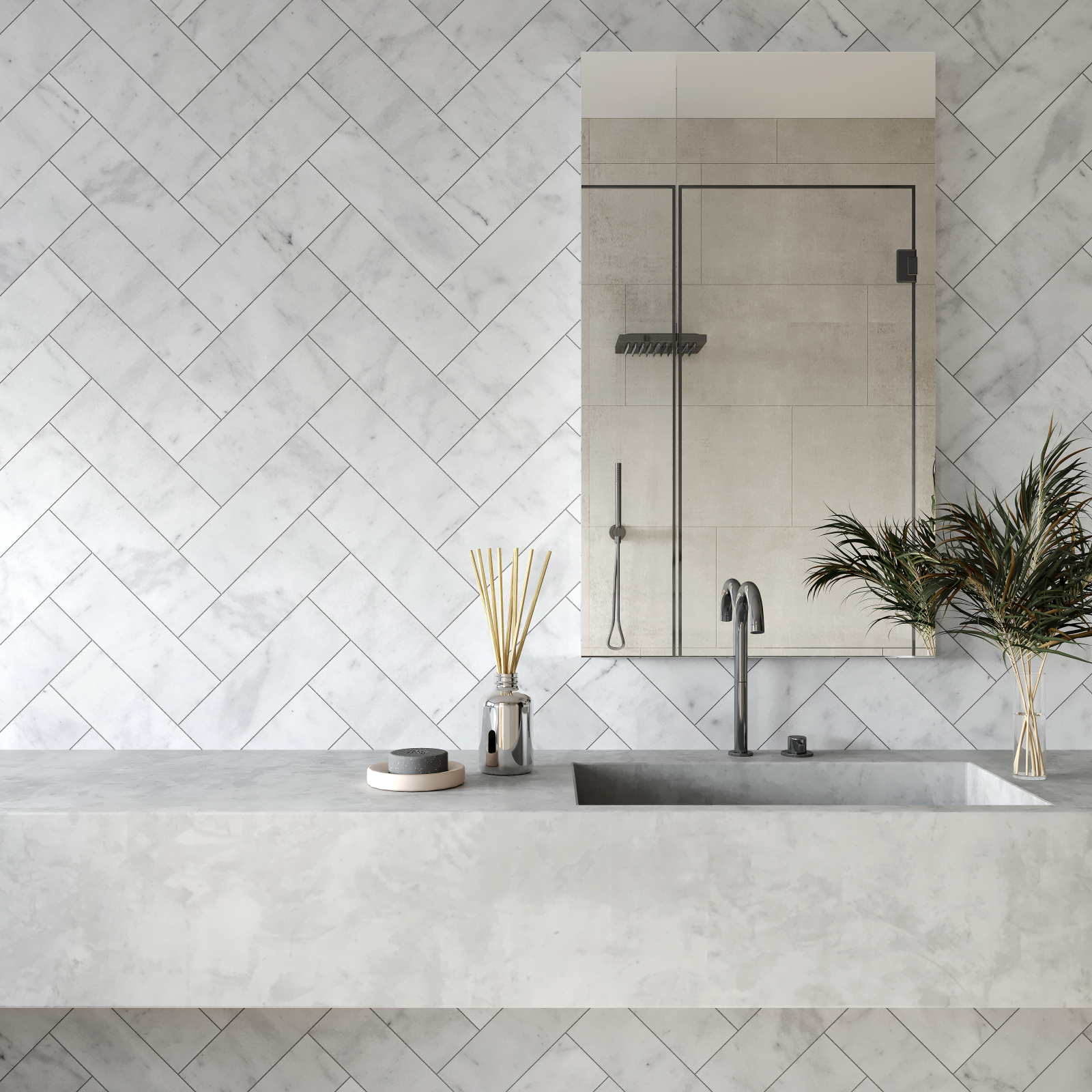
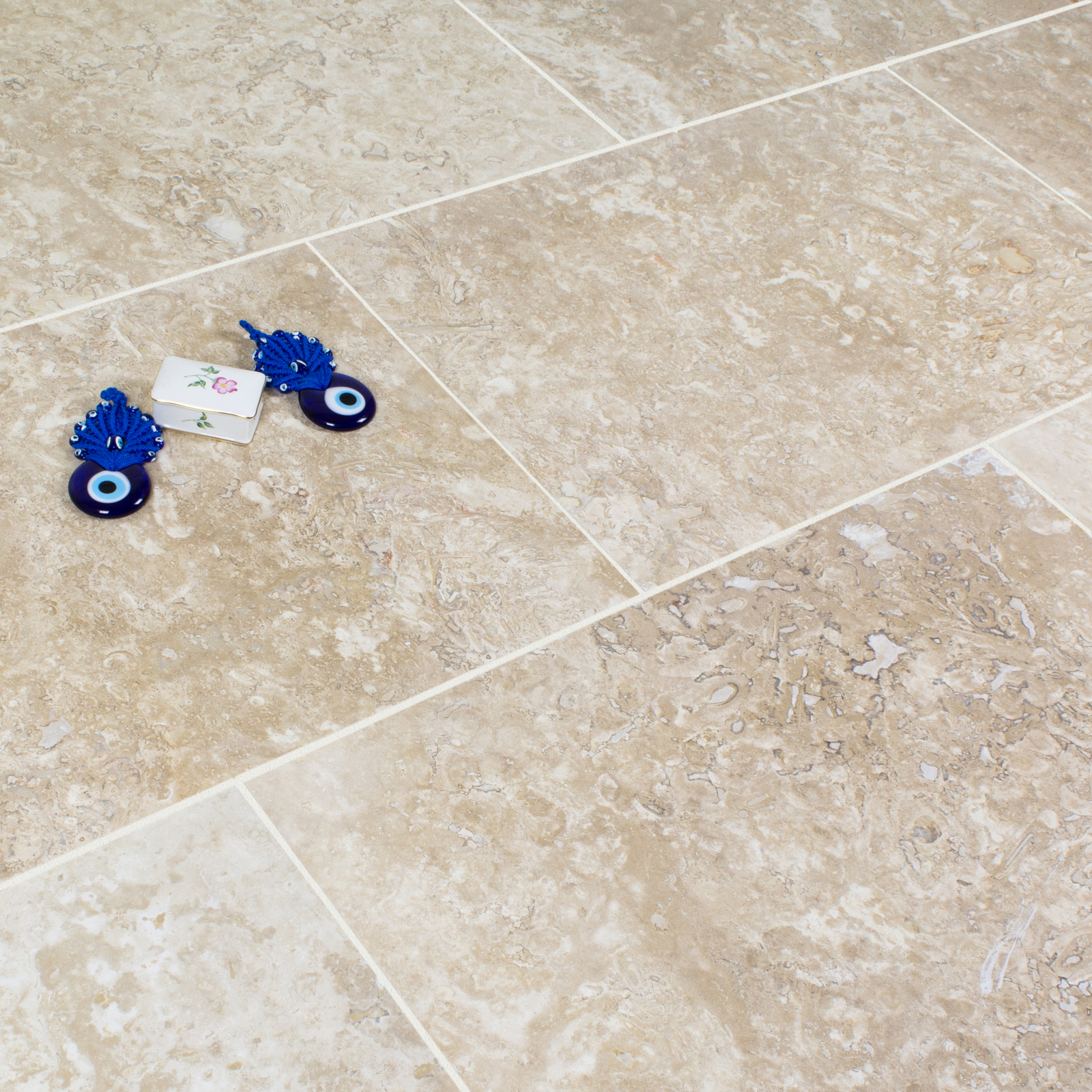
 REVIEWS
REVIEWS
